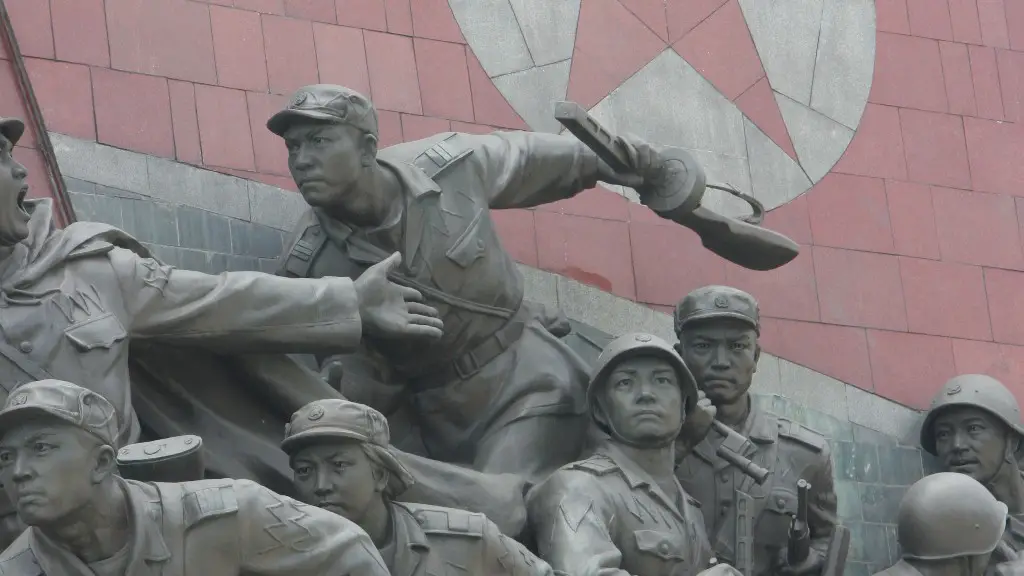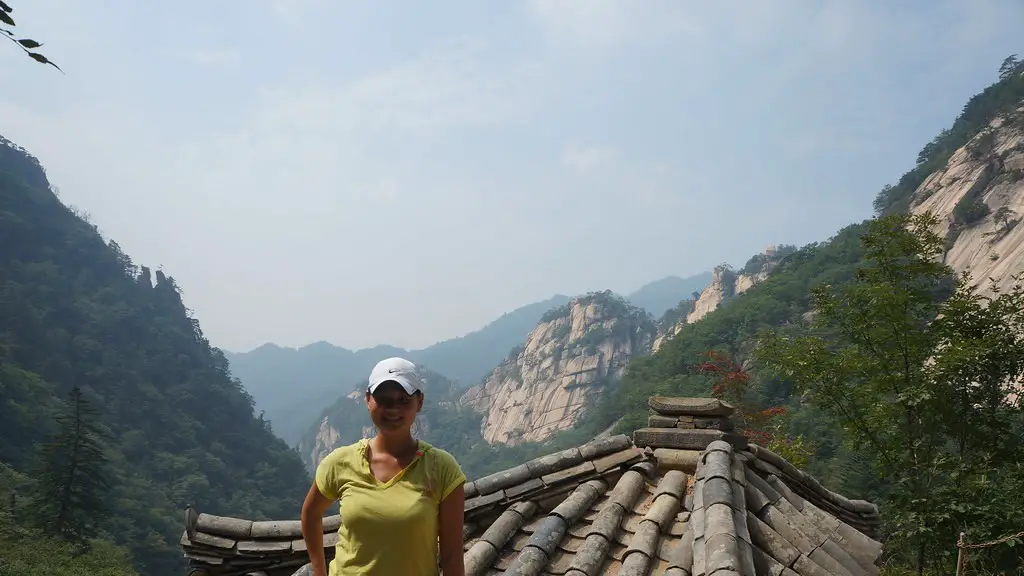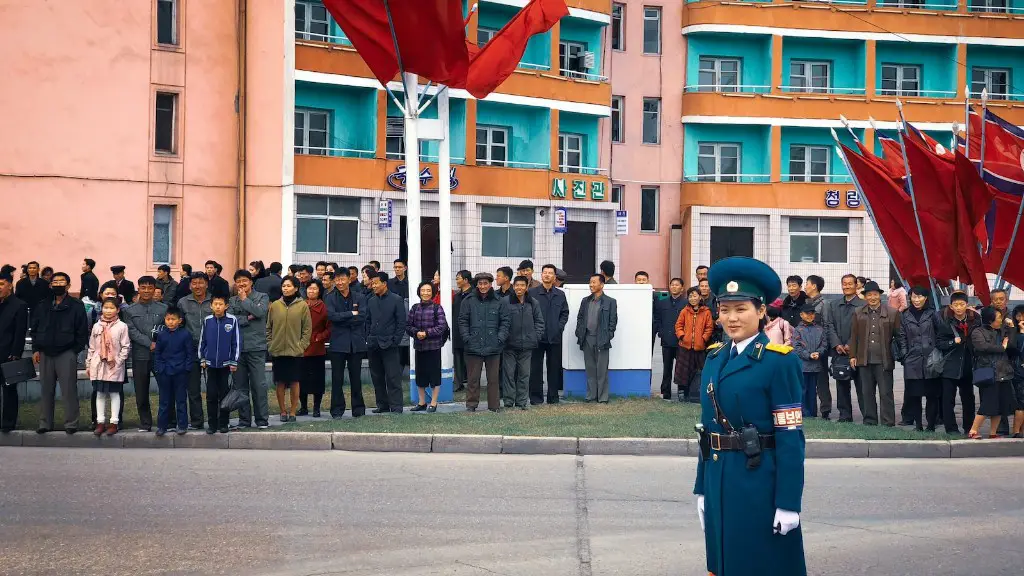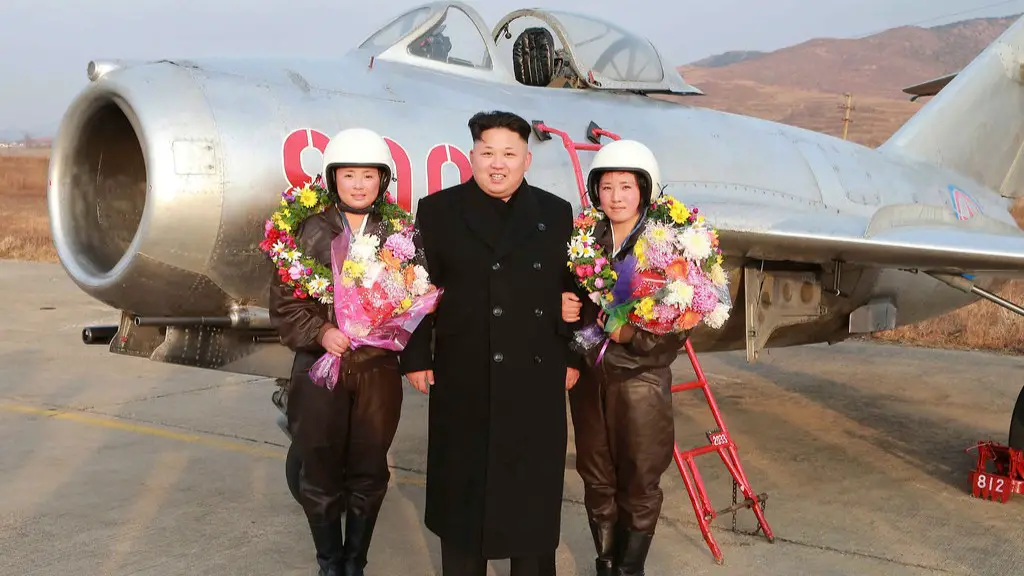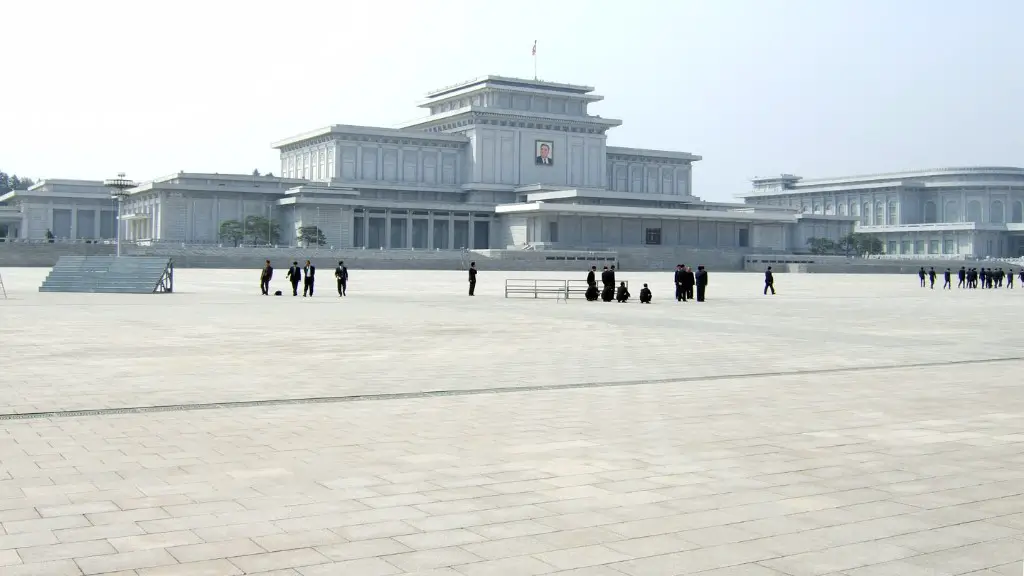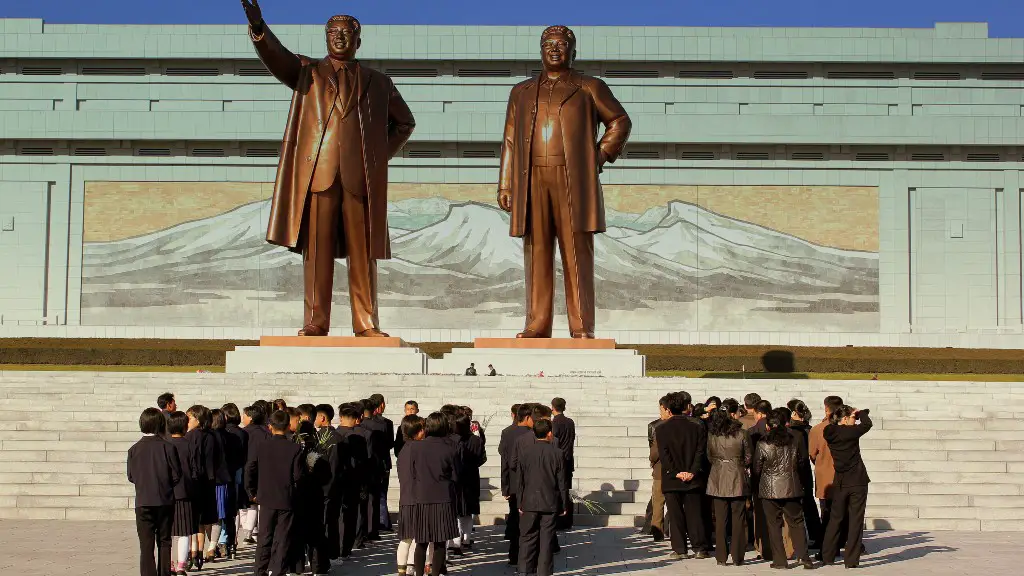Political Environment
North Korea is a one-party authoritarian state that is currently led by Kim Jong-Un. Ideological purity is upheld through enforced obedience to the supreme leader and a relentless propaganda machine. Citizens are subject to a wide range of human rights abuses, including arbitrary detention, torture, and among the world’s highest rates of human trafficking. Intense surveillance by the political police keeps the population in line and squelches any kind of dissent.
Access to the internet is extremely limited and outside sources of information, such as foreign television, are illegal. North Koreans are prohibited from traveling freely and their mobility is severely restricted. Religious freedom is practically non-existent and in order to be spared from the government’s criticism one needs to publicly demonstrate loyalty to the regime.
Economic Situation
The North Korean economy is state-run with its major sectors focused on coal, steel and textiles. Private markets exist, but the production of goods is heavily monitored. International sanctions imposed by the United Nations effectively limit foreign investment in the country, further retarding its economic development.
High levels of corruption and mismanagement pervade all levels of the economy and most citizens struggle to survive. 60 percent of the population is food insecure and when the external food aid runs out, they are forced to ration their limited food supply. As a result, malnutrition is widespread.
Social Life
The main leisure activity in North Korea is forced participation in collective activities organized by the government. There are very few opportunities for North Koreans to socialize and take part in private activities. Those who are able to improve their economic standing, such as those in the Communist Party and the military, receive far more freedom than those who are not. Holiday celebrations are limited and often involve acts of loyalty to the ruling party.
North Koreans have limited access to entertainment such as books, films, and music from outside the country. The culture is heavily propagandized, and loyalty to the government is emphasized in all aspects of life. Citizens are expected to complete regular military service, and those who fail to perform are penalized.
Education System
North Korea has an authoritarian education system that emphasizes conformity and obedience. Education is compulsory and structured around the core tenets of the ruling party. All literature and materials are closely monitored for lack of ideological purity, and students are forced to engage in regular political activities. Access to foreign materials and ideas is strictly curtailed and the media highly controlled.
The North Korean education system focuses on the study of Kim Il Sung and Kim Jong Il’s Juche ideology. Literacy rates are low and the quality of education is severely deficient. Students are provided with limited opportunities to learn or explore other fields, and pursuing any kind of higher education is extremely difficult and expensive.
Living Conditions and Quality of Life
Most people in North Korea live in abject poverty with inadequate access to food, sanitation, and medical care. The average life expectancy is 70 years and access to basic necessities such as electricity and clean water is limited. Housing is usually insufficient, with many living in overcrowded substandard dwellings.
The infrastructure of the country is in a state of disrepair and North Koreans are subject to frequent blackouts and water shortages. Unemployment and underemployment are widespread and most jobs are generally low-paying. Access to modern technology is also limited, with mobile phones and computers rarely utilized.
Political Repression and Human Rights Violations
The North Korean government employs an extensive system of surveillance and repression that limits freedom of expression and prohibits citizens from organizing in opposition to the ruling regime. The political police, or the Ministry of People’s Security, is responsible for monitoring citizens and enforcing the ideological purity of the state. Dissenters are routinely subject to imprisonment and torture.
Human rights violations are widespread in North Korea, and the government has been accused of kidnapping, torture, and murder. Refugees and defectors face even harsher punishments, with those caught attempting to flee the country killed or sent to prison camps. In addition, women’s rights and LGBTQ rights are heavily restricted, with both facing discrimination and violence.
Conclusion of Censorship and Freedom of Speech
Censorship is used to control access to information and news and to limit criticism of the ruling regime. News outlets, books, and websites deemed “anti-state” are banned and harshly punished. North Koreans are prohibited from engaging in any sort of political activity, and any form of criticism of the government is strictly forbidden.
In North Korea freedom of speech is nonexistent and the regime keeps such a tight grip on information that it is practically impossible for the public to know what is true and what is false. Ordinary citizens have little voice in the regime, and the lack of political and civil liberties makes it impossible for them to stand up to the oppressive system.
Mobility Restrictions and Travel
North Koreans are subject to strict controls over their movement and travel. The regime attempts to limit the flow of information and ideas between the country and the outside world by restricting citizens’ mobility. Travel to other countries or even other regions within North Korea is nearly impossible without permission from the government.
Foreigners who visit the country are carefully monitored and accompanied by their own minders. Those who are allowed to leave the country are often placed on foreign passports that are heavily censored and carefully overseen. Furthermore, any communication that does occur between North Koreans and outsiders is monitored and heavily censored.
Humanitarian Crisis
The humanitarian situation in North Korea is dire. There is widespread poverty, malnutrition, and lack of access to basic services such as healthcare and education. Over 60% of the population is food insecure and dependent on international aid and limited government rations to survive. Reports of torture, extra-judicial killings, and human trafficking are common. Refugees and defectors risk punishment if caught, and those that are are often mistreated severely.
The economic situation in North Korea is also dire, due in part to the rigid control of the state over the economy. International sanctions have further limited the country’s access to foreign investment and made it difficult for the population to access basic necessities such as food and medicine. Moreover, corruption and mismanagement plague all levels of the economy.
International Relations
The global community heavily sanctions North Korea and the regime is isolated from the majority of the world’s markets and financial institutions. Many countries have limited diplomatic relations with North Korea, and the country is subject to trade embargoes from the UN Security Council. North Korea’s nuclear program has also caused tension with its neighbors as well as the US.
The US-North Korean relationship is particularly strained and has been marred by rising tensions in recent years. Though at times, progress has been made towards negotiated peace, any diplomatic progress made has been largely ephemeral as the two countries disagree on issues such as denuclearization and human rights.
Conclusion of International Relations
The North Korean regime is an isolated, non-democratic government that has been condemned by the international community for its lack of respect for human rights and its illegal nuclear program. Its relations with its neighbors and the US are strained, and negotiations have yet to lead to any lasting solutions. The country faces an array of sanctions from the UN and its allies that have only worsened the country’s already dire humanitarian situation.
There is a great deal of uncertainty regarding North Korea’s future, and it is uncertain as to whether or not North Korea will be able to improve its relations with the international community and move towards greater economic development. In the meantime, the plight of the North Korean people remains dire and their lack of freedom and opportunity deeply concerning.
